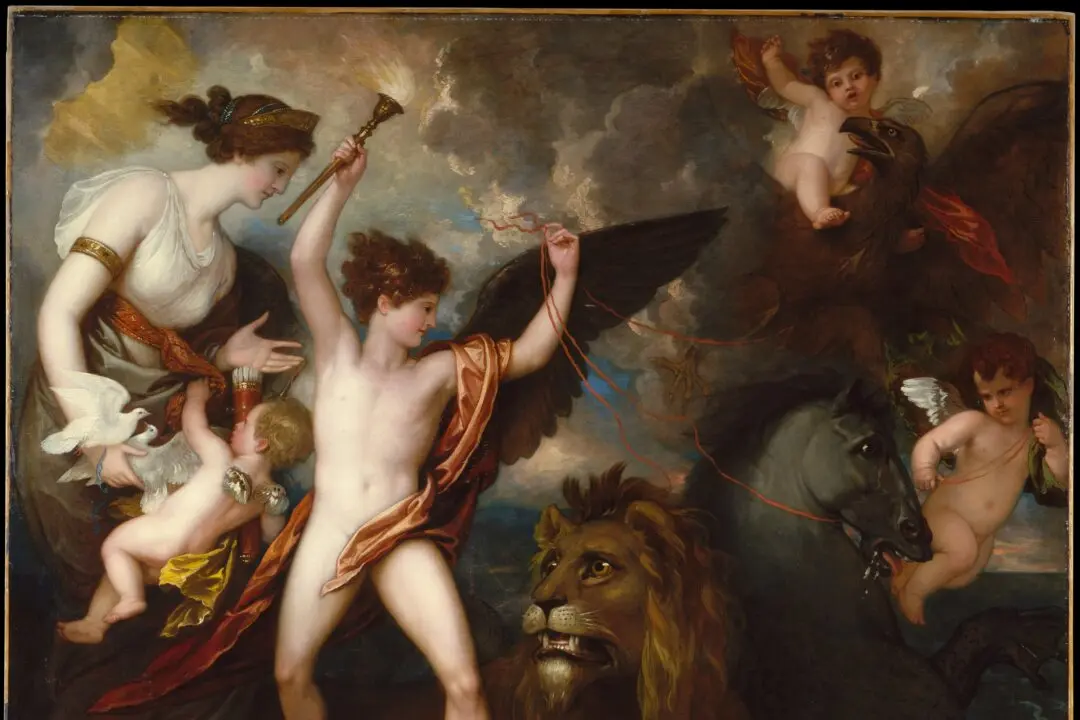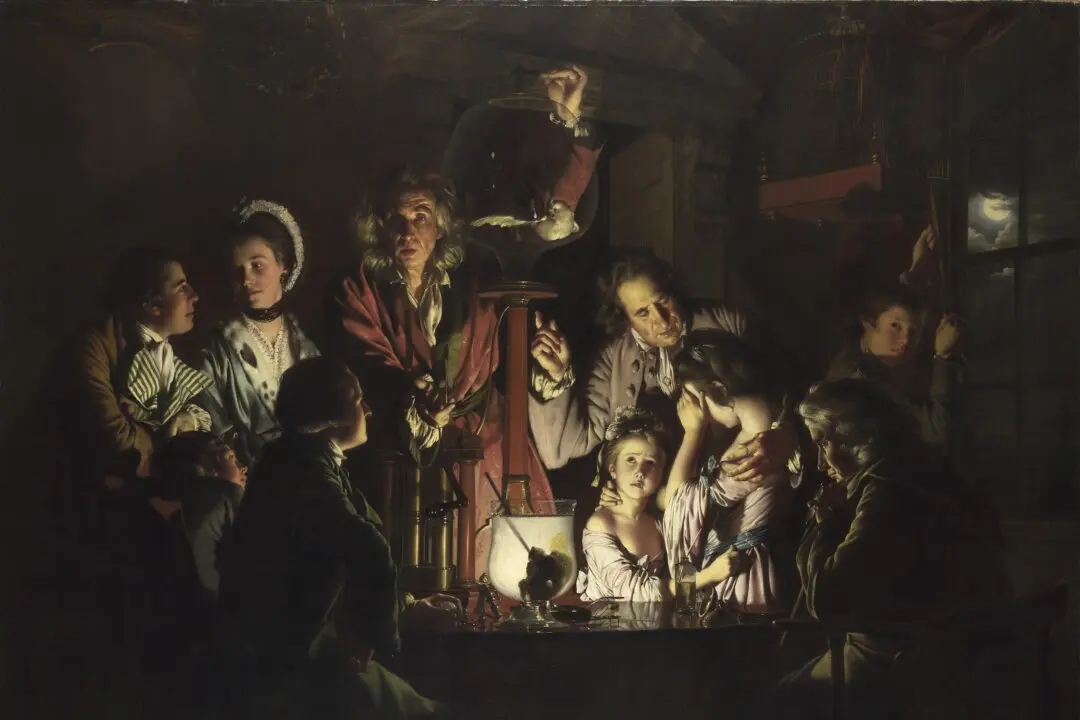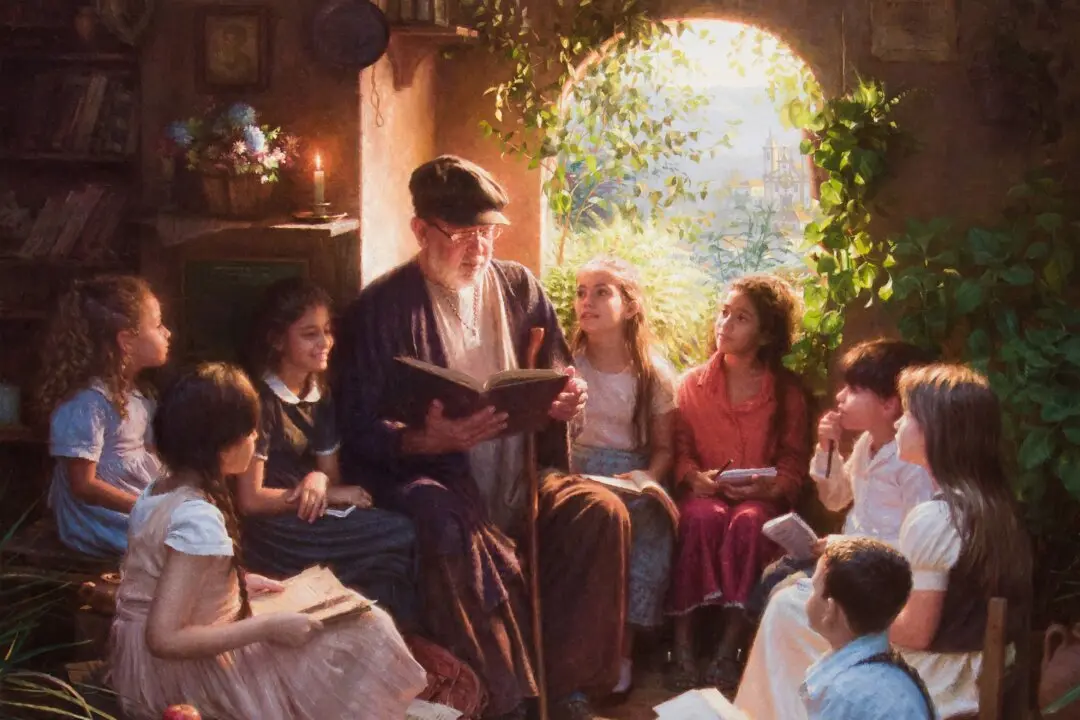September marks the 200th anniversary of the birth of Clara Schumann, a woman well known to musicians, but perhaps less known to most of us.
The 19th-century German pianist Clara Schumann (1819–1896) is foremostly remembered as an exceptional pianoforte performer. In 1830, at the age of 11, she made her concert debut with the famous Leipzig Gewandhaus Orchestra conducted by Felix Mendelssohn—a great start to an illustrious career that spanned some 60 years. Clara’s final public performance was in 1891, when she was in her 70s.






